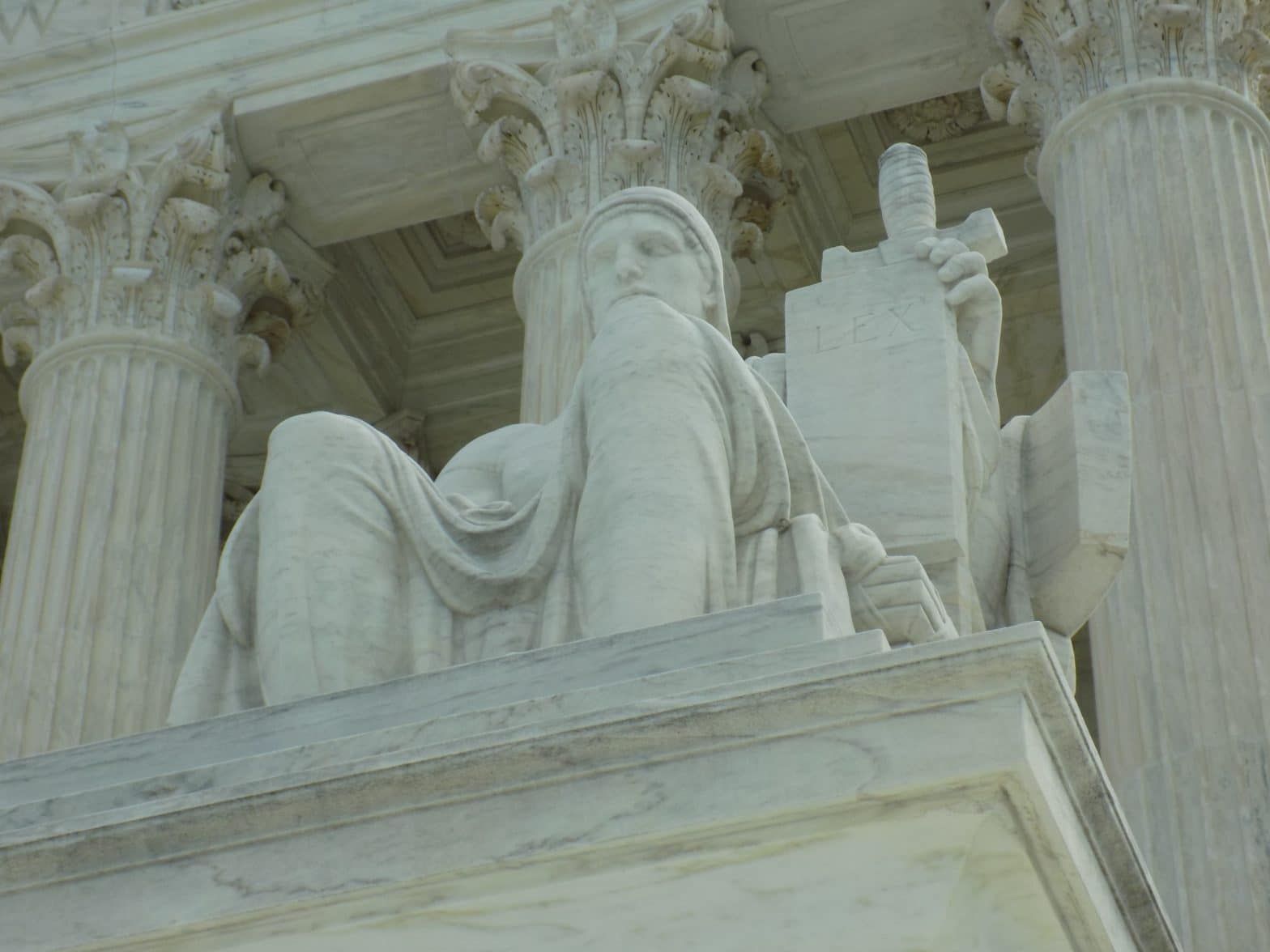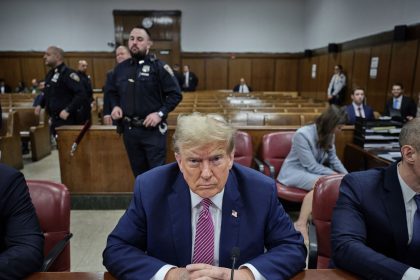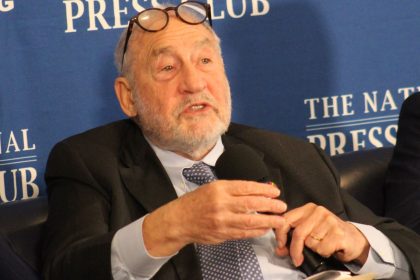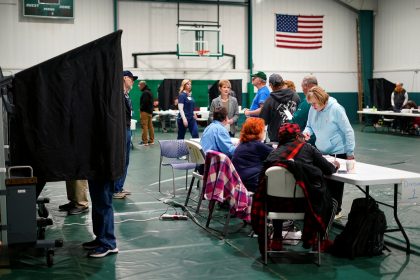Battle Being Waged Over Free Speech

WASHINGTON — According to the American Conservation Society, conservatives are using the First Amendment to challenge progressive legislation. They assert that the Free Speech Clause is being used by corporate and right-wing interests to undermine progressive efforts in areas such as campaign finance reform, reproductive rights, consumer protection, and labor. Progressives refer to this as weaponizing the First Amendment.
“The phrase comes from a dissenting opinion from Justice Elena Kagan in 2018,” explained Dean Erwin Chemerinsky, speaking at a virtual conference of legal scholars convened by ACS. “This is not about the regulation of free speech in the usual sense,” he said, but rather refers to “using the First Amendment to challenge progressive legislation.”
Since 2001, it’s been a “general deregulatory festival at the Supreme Court,” according to Chemerinsky, who says that conservative efforts have taken a three-tiered strategy of unification, or removing the barrier between different types of speech; intensification; and expansion, or widening the scope of what is considered speech. Chemerinsky says this trifecta has made it harder for the government to do its job of ensuring a regulated marketplace.
“This idea that there is some sort of nefarious plot… to undermine progressive legislation, I think that is a crazy conspiracy theory,” said Larry Alexander, professor at USD School of Law and member of the Federalist Society, who took a contrarian approach to the other panelists’ views.
“To say the rights bestowed to Americans within the Constitution face grave danger, as seen on this event flyer… I find that risible, verging on hysterical,” said Alexander.
“No one is saying it’s a nefarious plot, but what we do have is a court that’s pro-business at the expense of labor, and employees. At the expense of consumers,” said Chemerinsky.
He offered Citizens United v. Federal Election Commission as an example of a Supreme Court case in which the free speech clause was invoked in campaign financing. The Court reversed precedent and ruled the clause prohibited the government from restricting independent expenditures for political communications by corporations, including non-profit corporations, labor unions, and other associations. Moderate conservative Justice O’Connor had recently been replaced by the more conservative Justice Alito when this case was decided.
“It’s wrong to equate spending in an election campaign with speech,” said Chemerinsky, who disagrees with giving corporations First Amendment rights. “This is not regulation of speech as we normally would use the word… Spending money is a form of conduct. Corporations shouldn’t get free speech; corporations don’t have autonomy.”
Alexander disagreed, believing that it is valid to equate campaign spending with speech “when you spend money to purchase speech, like buying an ad in the New York Times.” He specified that in the Citizens United case both corporations and unions were given the same First Amendment rights and stated it is unions who outspend corporations in campaign contributions.
Panelists pointed to the decisions in NIFLA v. Becerra (reproductive rights), Sorrell v. IMS Health (consumer protection), and Janus v. AFSCME (labor) to further illustrate how, as Ted Mermin, interim executive director for the Center for Consumer Law and Economic Justice put it, “free speech is intersecting with commercial speech… toward the deregulation of business.”
“It’s all about the deregulation agenda,” Mermin said, as panelists touched on the idea that the Free Speech Clause could have significant implications in other legislative areas.
“The rhetoric is overheated,” Alexander said, arguing that it is wrong to identify Supreme Court justices as “corporate right-wing tools.” He also stressed that he “prefer[s] judges not in the role of platonic guardians.”
But the progressive members of the panel argued, “Ideology is driving this.” Chemerinsky said, “It’s not a coincidence that each Supreme Court case cited was a 5-4 decision.”
























